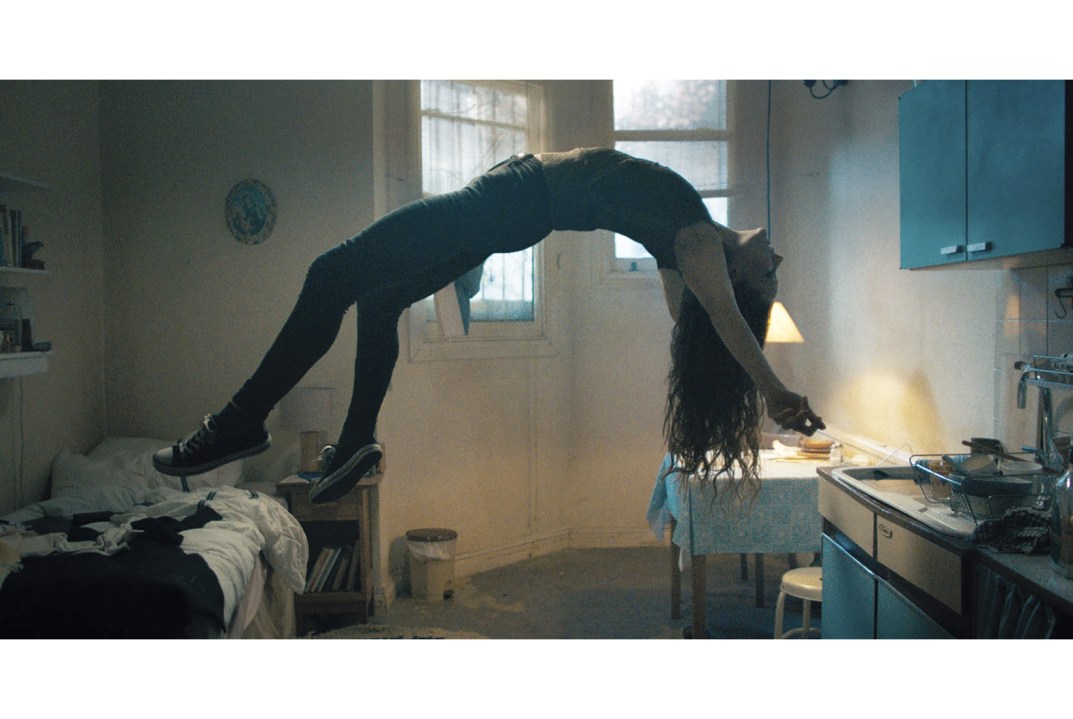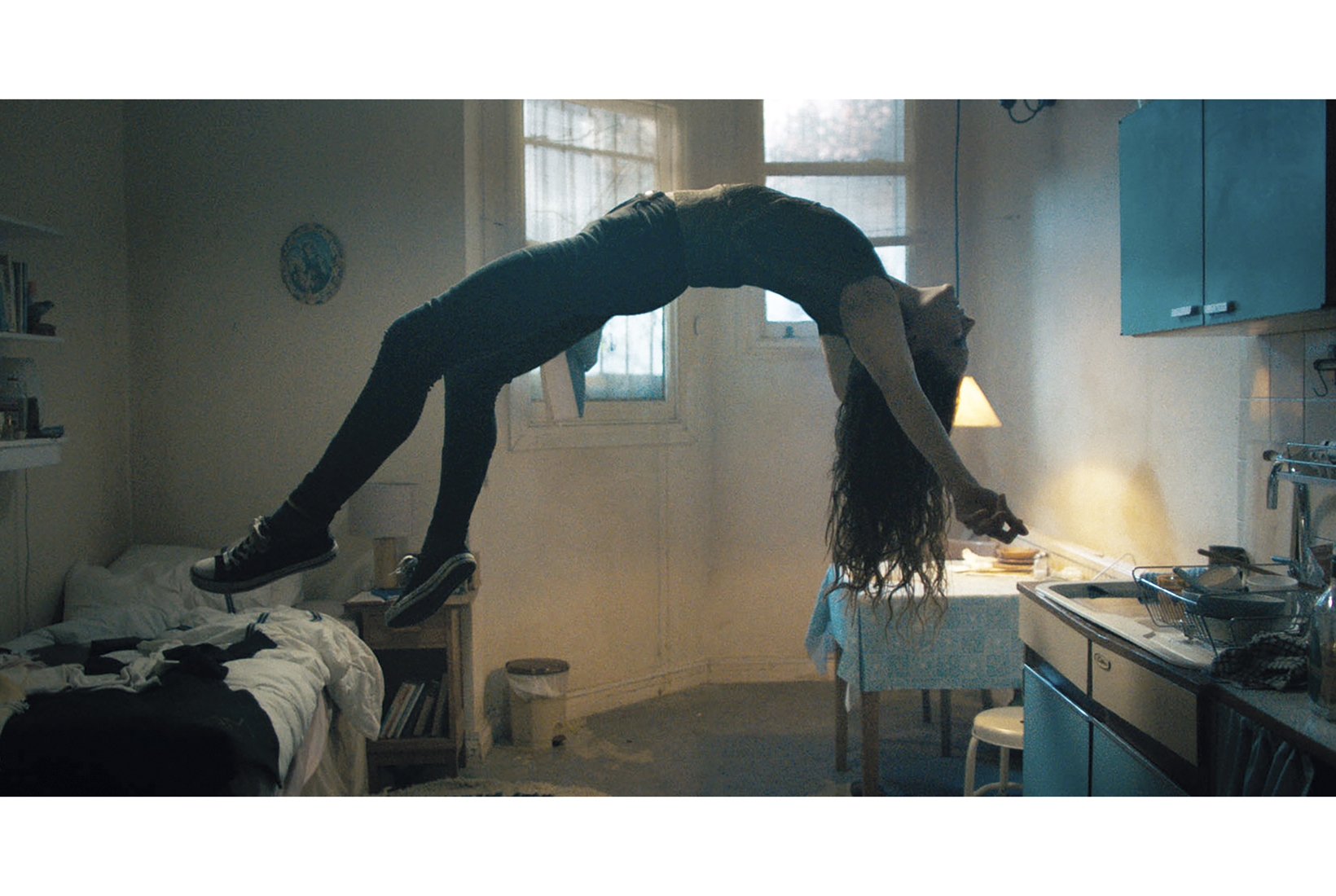Saint Maud is a first feature from writer-director Rose Glass and it’s being billed as a horror film. But it’s not your common-or-garden horror film. There are no chases through woods. No one watches a doorknob being twisted from inside the room. Also, there are no maypoles. (Always bad news, maypoles.) Instead, it’s more of a character study, as well as a study of religious fervour, told in the high gothic style, grippingly, with wonderful originality and no dilly-dallying. Eighty minutes, and that’s it. (Sorkin, Nolan, Scorsese, Tarantino… please take note.)
The film stars the terrific Morfydd Clark who, I think, you cast when you can’t get Molly Windsor who, in turn, you cast when you can’t get Morfydd Clark. They are, surely, the two best young actresses around and I’d watch anything they were in. Here, Clark plays Maud, a palliative-care nurse dispatched to look after Amanda (Jennifer Ehle), a celebrated dancer dealing with final-stage cancer. Amanda lives in a big old house on a cliff top overlooking the faded glamour and tacky arcades of, possibly, Scarborough. However, her big old house isn’t one of those obviously spooky ones. There is no frantic scratching from within the walls, for example. It’s gorgeous, in fact, with modernist interiors and dazzling wallpapers but it’s also unsettling and oppressive. Everything is slightly off-kilter yet in a barely articulated way. It’s just a feeling, induced mostly by the camerawork, which can lurch unexpectedly, and the soundtrack, which is all deep cello rumbles. I haven’t been as scared of a cello since Jaws.
It never becomes the film you think it might become
Back to Maud, who, most importantly, has lately found God in an extremely intense way, and believes God has a more noble purpose for her than dispensing pills and wiping bums. (We know this via her impassioned prayers.) Amanda, meanwhile, is a sinner, I suppose. She is dying but also drinks, smokes, throws parties, has sex. Is it up to Maud to save her? Is this what God has in mind for her?
Initially, Amanda is quite taken with this serious, pious young woman, and is indulgent, even introduces her to William Blake. First mistake. Then she stops being indulgent. Second mistake. I daren’t say more, but will say it never becomes the film you imagine it might become. Maud doesn’t take Amanda hostage in a Misery-style scenario, for instance. It’s much too inventive for that.
Saint Maud isn’t about jump scares, although, be warned, there is some mortification of the flesh as Maud tries to curb her own sinful nature. (‘Can’t we just have maypoles?’ might become your own impassioned prayer.) This is more about an atmosphere; an atmosphere that builds as tension mounts and that cello rumbles. Maud does, eventually, pull apart at the seams but while it would have been easy to depict her as plain crazy, what makes this film so smart is that you understand where she is coming from and why.
If it’s horror, it’s psychological horror, and while nothing is spelled out, Maud behaves in ways that compute because we have such a strong sense of her. She has no back story as such. She bumps into the nurse she used to work with at a hospital, which offers a few hints, and that’s about it — but it’s somehow enough. We certainly get her vulnerability and loneliness and desperation to mean something to someone. (‘You must be the loneliest girl I have ever seen,’ Amanda will tell her.) Clark’s performance portrays all this, just as Ehle’s performance portrays a woman who is both frightened by the prospect of death and darkly amused by it.
As for the ending, it’s wonderfully sensationalist but not unearned. All told, this is a fantastic debut and one that does not outstay its welcome. I’ve said it before and will say it again: if you want a job done twice as well in half the time, give it to a woman.







Comments